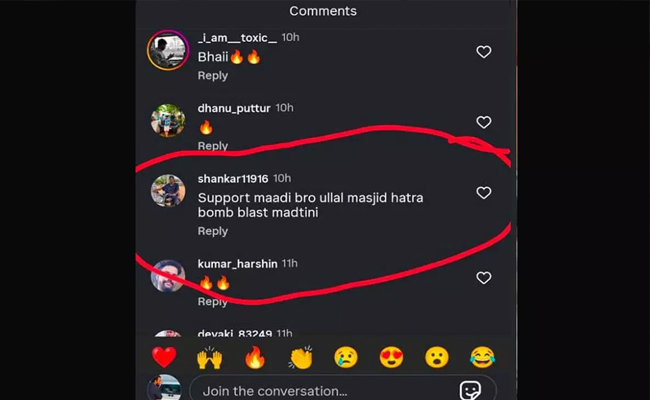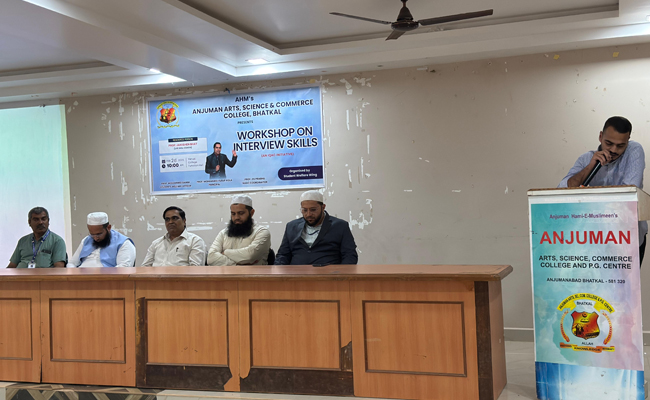New Delhi (PTI): India was on Tuesday felicitated by the World Health Organisation for the elimination of trachoma as a public health problem, making it the third country in the region after Nepal and Myanmar to achieve this feat.
The WHO also felicitated Bhutan for achieving interim targets for cervical cancer elimination, Maldives and Sri Lanka for Hepatitis B control in children, Timor-Leste for eliminating lymphatic filariasis and six countries for achieving SDG and global targets for reducing under-five mortality and stillbirth rates.
"India's success is due to the strong leadership of its government and the commitment of ophthalmologists and other cadres of health-care workers.
"They worked together with partners to ensure effective surveillance, diagnosis and management of active trachoma, provision of surgical services for trichiasis, and promotion of water, sanitation and hygiene, particularly facial cleanliness, among communities," said Saima Wazed, Regional Director WHO South-East Asia, at 'Public Health Awards' event at the Seventy Seventh Regional Committee Session being held here.
Trachoma, a leading cause of infectious blindness, is a chlamydial infection that happens due to lack of hygiene and unclean water supply and can spread by contact with the eye, nose or throat secretions of a person suffering from the disease or indirectly via flies.
Bhutan was recognised for reaching the 2030 interim targets towards elimination of cervical cancer as a public health problem, the first country in the region to achieve this significant public health milestone, the WHO said in a statement.
The interim 90-70-90 targets are 90 per cent girls fully vaccinated against Human papillomavirus (HPV vaccine) by 15 years of age; 70 per cent of women screened with a high-performance test by 35 years of age and again by 45 years of age and 90 per cent of women identified with cervical disease provided treatment, the statement said.
"The success of the Royal Government of Bhutan is driven by strong leadership, favourable health policies, organised health systems, well-defined country priorities, motivated health workforce, and efficient coordination by the Ministry of Health.
"The achievement is especially commendable considering that the major part of the capacity building was carried out when COVID-19 was at its peak," the Regional Director said.
Lauding Maldives and Sri Lanka for achieving hepatitis B control, the Regional Director said that preventing hepatitis B infection in children substantially reduces chronic infections and cases of liver cancer and cirrhosis in adulthood.
Bhutan was also recognised for achieving the SDG and global 2030 targets of reducing under-5 mortality and stillbirth rates.
Timor-Leste was awarded for the elimination of lymphatic filariasis as a public health problem. It is the fifth country in the Region to eliminate lymphatic filariasis.
The Democratic People's Republic of Korea, Indonesia, Maldives, Sri Lanka and Thailand were awarded for achieving the SDG and global targets for the reduction of under-5 mortality, neonatal mortality and stillbirth rates, the statement said.
The SDG target 3.2 for under-5 mortality rate is to reduce to 25 or less per 1000 live births and for neonatal mortality rate is to reduce to 12 or less per 1000 live births by 2030. The 2030 still birth rate reduction target is 12 or fewer still births per 1000 births.
Let the Truth be known. If you read VB and like VB, please be a VB Supporter and Help us deliver the Truth to one and all.
Bengaluru (PTI): The Karnataka High Court on Monday extended the interim relief given to Bollywood actor Ranveer Singh till March 9, in a case related to mimicking a character from the movie, 'Kantara Chapter-1', and allegedly mocking a deity.
The actor had approached the High Court seeking the quashing of the FIR against him for mimicking Rishab Shetty's role as 'Chavunda' deity in the movie.
While mimicking, Singh had called the deity a "ghost". The actor was asked to appear before the court in person on Monday.
Appearing on behalf of the actor, his counsel Sajjan Poovayya said Singh was stuck in London and was unable to reach Bengaluru due to the conflict in West Asia.
The complainant, who is a lawyer, alleged that his religious sentiments were hurt by calling the deity a ghost. On the directions of a local Court, the police registered a case against the actor.
The High Court on February 24 granted interim relief to the actor with directions to the police not to take any coercive steps against him.





